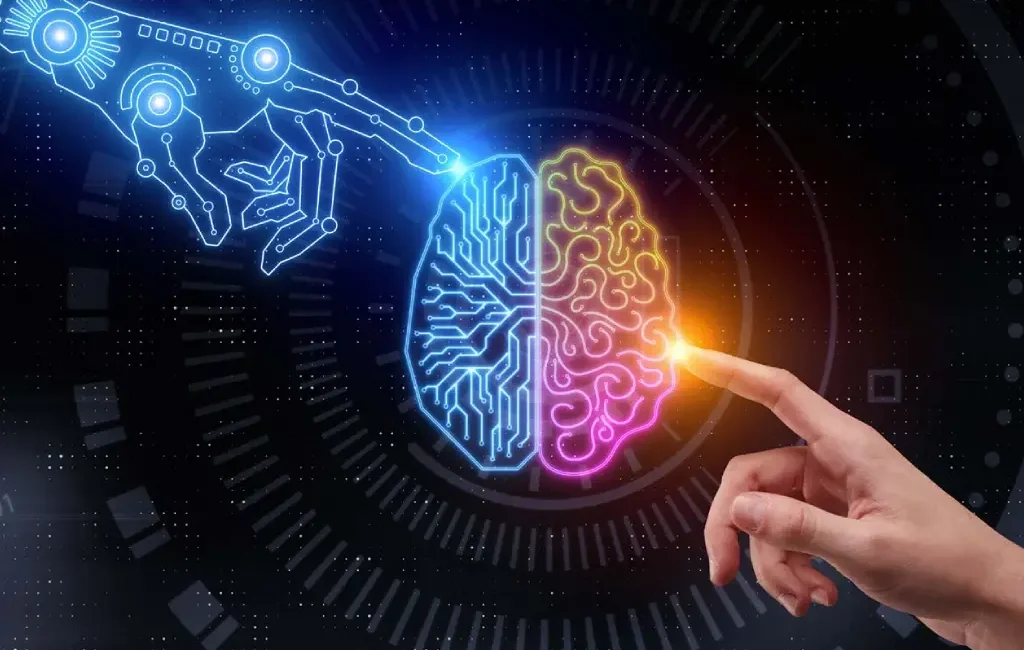
Artificial intelligence has evolved rapidly—from simple chatbots handling quick customer queries to complex systems capable of executing entire workflows on their own. The next major leap in this evolution is agentic AI, a groundbreaking approach that brings autonomy, adaptability, and strategic reasoning to artificial intelligence. It’s setting the stage for a new era of intelligent automation across industries.
Unlike traditional generative AI, which responds to single requests, agentic AI is built around intelligent agents that can collect data, reason through it, and carry out multi-step plans to solve intricate challenges. Let’s explore what makes agentic AI different, how it functions, and why it’s shaping up to be the next frontier in enterprise technology.
What Is Agentic AI?
Agentic AI refers to autonomous AI systems that combine reasoning, decision-making, and real-time adaptability to handle complex, multi-layered tasks. Instead of merely generating responses, these systems can plan and execute a sequence of actions toward a larger objective.
Already, agentic AI is being used to streamline workflows, enhance decision-making, and eliminate time spent on repetitive data-driven tasks. It’s not just about automation—it’s about intelligent systems that think, learn, and act with purpose.
How Agentic AI Works
Agentic AI typically operates through a structured, four-stage process: Perceive, Reason, Act, and Learn.
1. Perceive
The process begins with perception—gathering and analyzing information from various sources such as sensors, databases, or digital interfaces. This step allows the AI to recognize patterns and contextual elements in real time, giving it a clear understanding of its environment.
2. Reason
Once the data is collected, the system’s reasoning engine—often powered by a large language model (LLM)—comes into play. This “brain” processes the information, devises strategies, and collaborates with specialized AI components for tasks like recommendations, vision recognition, or text generation.
To improve precision, many systems incorporate retrieval-augmented generation (RAG), allowing the agent to draw from private databases or industry-specific knowledge for more contextually relevant results.
3. Act
After reasoning, the AI transitions from planning to execution. By integrating with APIs and enterprise systems, agentic AI performs actions directly—whether that’s approving claims, managing logistics, or updating records. Guardrails are set to maintain control and ensure safety, escalating complex scenarios to human oversight when necessary.
4. Learn
Perhaps the most transformative aspect of agentic AI is its capacity to learn continuously. Through a feedback loop, or “data flywheel,” it refines its decision-making based on real-world outcomes. Each cycle of learning improves its performance, enabling smarter, faster, and more accurate operations over time.
The Role of Data in Powering Agentic AI
Behind every effective agentic AI system lies high-quality, comprehensive data. These systems depend on large-scale enterprise information to make informed, context-rich decisions. With the help of RAG and other data integration techniques, AI agents can retrieve and process information instantly—making decisions with speed and precision.
Every interaction feeds back into the system, fueling continuous improvement. This ongoing refinement makes agentic AI more efficient with each cycle, driving measurable value across business operations.
Real-World Use Cases of Agentic AI
Agentic AI is already proving its worth across industries, from customer service and marketing to logistics and cybersecurity.
Customer Service
Agentic AI is transforming support operations by automating repetitive tasks and improving self-service tools. Many customer service teams have reported shorter response times and higher satisfaction rates. Some companies are even deploying digital humans—AI-powered avatars that engage with customers in natural, humanlike conversations, especially during peak hours.
Content Creation
For marketing teams, agentic AI is a creative partner that accelerates content production. It helps draft personalized campaigns, product descriptions, and social media posts—saving marketers up to three hours per piece of content. This frees teams to focus more on strategy and storytelling rather than manual writing tasks.
Supply Chain Optimization
In logistics, agentic AI autonomously analyzes real-time data to detect bottlenecks, forecast demand, and improve delivery timelines. Its ability to synthesize data from multiple sources allows it to make fast, informed decisions—reducing costs and improving operational resilience.
Cybersecurity
In the cybersecurity realm, agentic AI continuously scans for vulnerabilities, monitors anomalies, and takes preventive measures automatically. By learning from every detected threat, it strengthens defenses and helps organizations stay ahead of evolving cyber risks.
Why Agentic AI Is the Next Big Leap
Agentic AI marks a turning point in how we think about artificial intelligence. Instead of being reactive—responding to commands or prompts—it’s proactive, taking initiative, learning autonomously, and improving through experience.
By combining perception, reasoning, and self-improvement, these AI agents are capable of tackling challenges too complex or time-consuming for traditional systems. They promise to elevate productivity, lower costs, and enhance efficiency across every sector—from finance and healthcare to logistics and customer engagement.
As more enterprises adopt this technology, they’ll gain access to AI that doesn’t just assist—it collaborates, learns, and leads. That’s what makes agentic AI not just another step forward, but the foundation for the next generation of intelligent enterprise systems.
Ready to explore the power of AI for your business?
Connect with Rekordist Fintech to discover how intelligent, autonomous systems can help you streamline operations, enhance efficiency, and drive growth in the AI-driven future.



